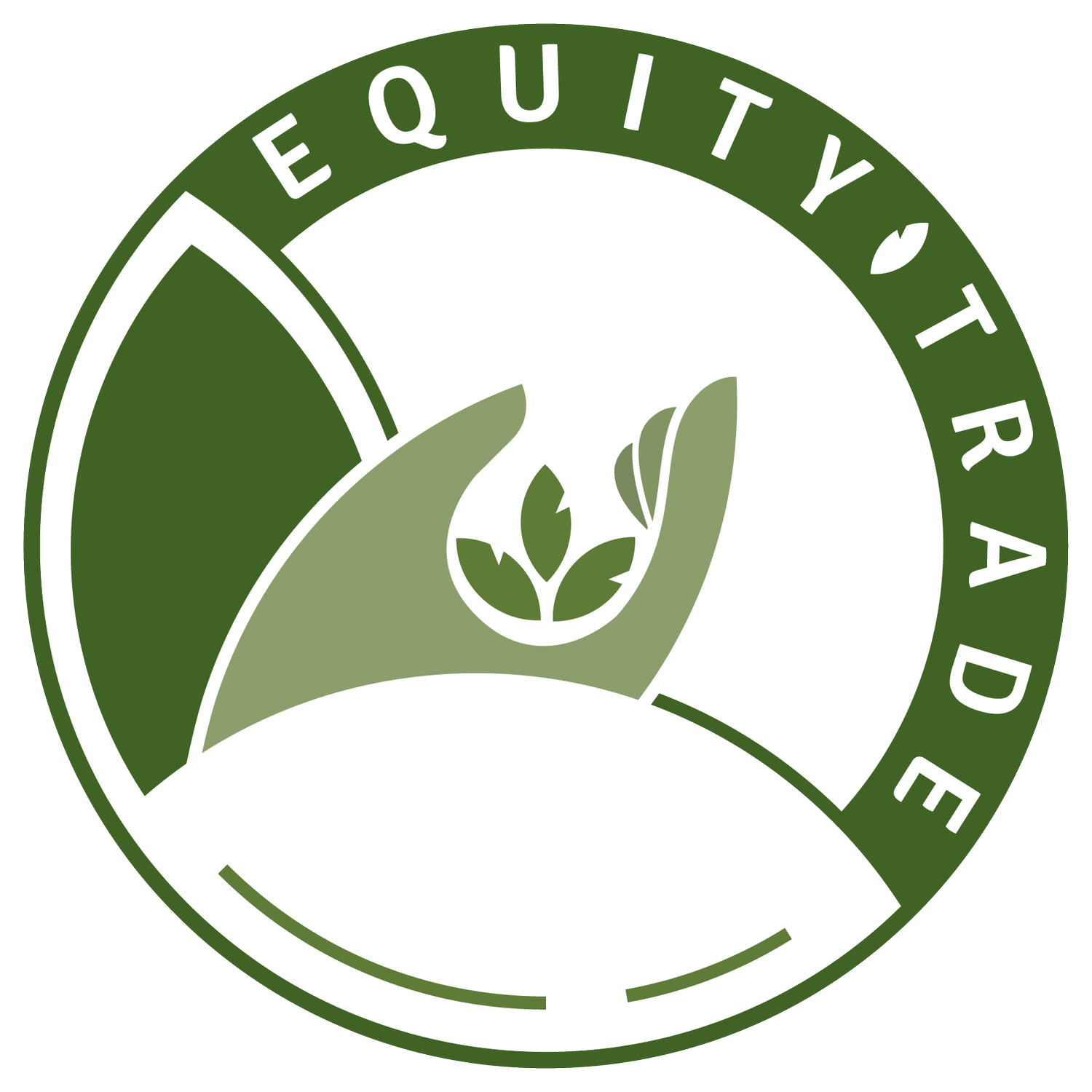Look Ma! We Made Impacts!
Mission: To build bridges and connect businesses by developing an eco-system that increases the financial success of individuals and communities harmed by America’s “Failed War on Drugs.”
Hall of Flowers- Santa Rosa
Equity Trade Network’s Legacy Market participate in Hall of Flower’s first B2B & B2C event in Santa Rosa
emerald Cup
Equity Trade Legacy Market partners with Equity Cannabis Dispensary Root'd in the 510 for Emerald Cups 20th Anniversary at Oaklands Henry J. Kaiser Center for the Arts
Grass Lands
Equity Trade Legacy Market partners with Sunset Pipeline to provide an outlet for California Cannabis Equity brands to sell at Outside Lands cannabis activation Grass Lands.
California State Fair
In July, EquityTrade Network collaborated with allies Embarc Events & 14 brands from Sacramento’s CORE Program to do something that has never been done before.






